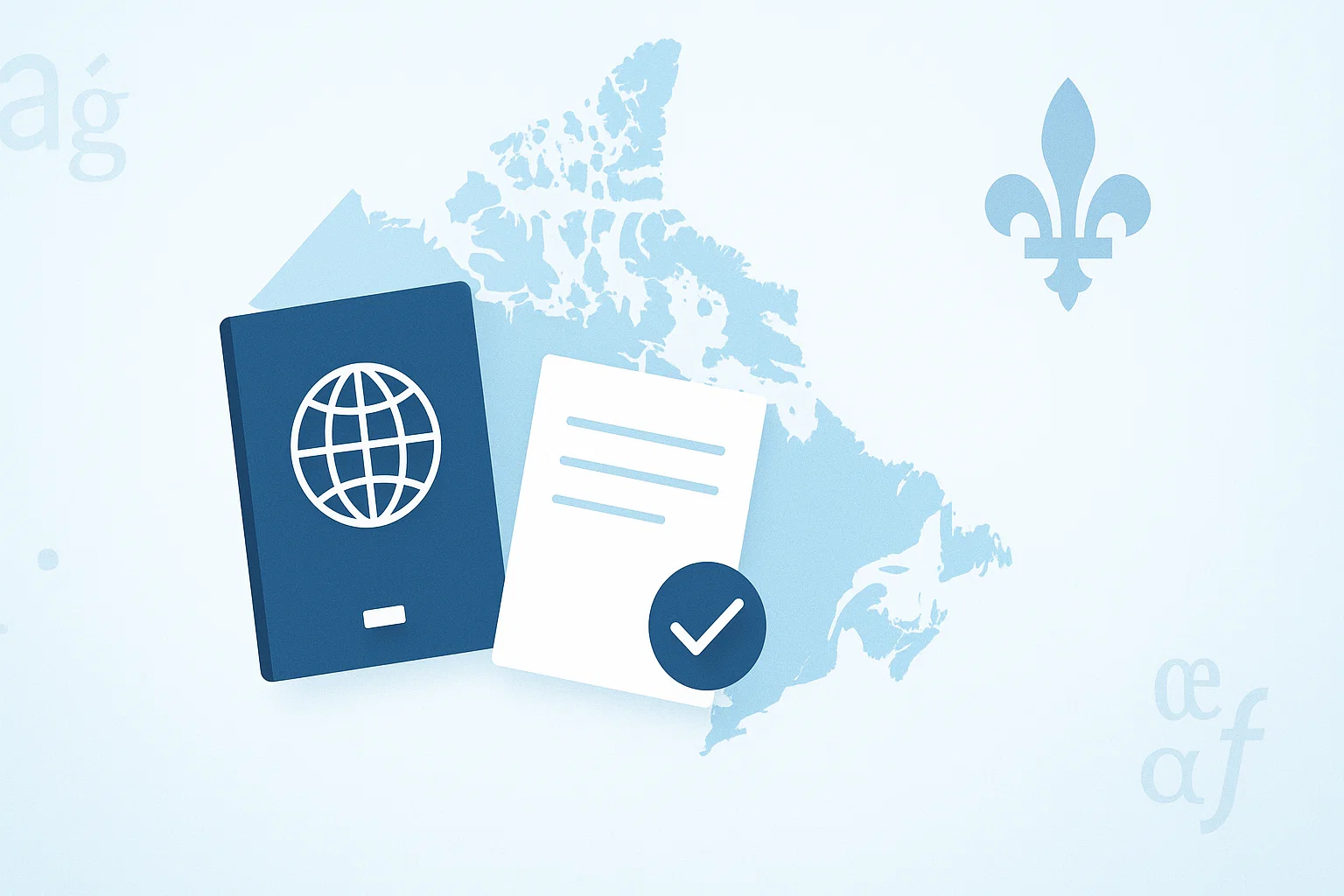In a major development for international education professionals aspiring to build a career in Canada, significant and positive news has emerged. While teaching offers a clear advantage for immigration to Canada, foreign-trained educators have often faced complex barriers in getting certified to practice locally. Now, an innovative government-backed initiative is working to dismantle these obstacles.
1. The New Initiative: "Pathways to Teach Canada" Explained
In Canada, teaching is a regulated profession, and the certification process is managed independently by each province and territory. This means that foreign credentials must typically be assessed for their Canadian equivalency.
It is against this backdrop that the new program, launched by Pathways to Teach Canada in partnership with World Education Services (WES), has emerged. Launched in November 2024, the program provides a single entry point for Internationally Educated Teachers (IETs) interested in teaching in participating Canadian provinces and territories.
Its core advantage is a streamlined process for credential and language assessments for the following nine jurisdictions:
- British Columbia
- Manitoba
- New Brunswick
- Newfoundland and Labrador
- The Northwest Territories
- Nova Scotia
- Nunavut
- Prince Edward Island
- Saskatchewan
Notably, Ontario's teacher certification is handled by the Ontario College of Teachers (OCT), which conducts its own credential assessment. However, the Pathways to Teach Canada program can still assist by providing the Language Competency Assessment for the Teaching Profession (LCATP), which is one of the language proficiency tests approved by the OCT.
Applicants wishing to teach in Alberta, Quebec, or the Yukon must still complete their certification process directly with the regulatory body in that specific province or territory.
2. Eligibility and Process
The program is specifically designed for applicants who have already completed a teacher education program. Applicants must be a teacher in one or more academic disciplines (e.g., mathematics, English, biology) and must not have been previously certified in any Canadian province or territory.
Eligible applicants can use the program's unified portal to initiate two key steps simultaneously:
- Credential Assessment: After creating an account with Pathways to Teach Canada, applicants are directed to the WES website to complete their application and submit required documents. Upon completion of the evaluation, the applicant receives a Credential Assessment Report. The required documents vary depending on the country of education and the issuing institution; some can be sent by the applicant, while others must be sent directly by the institution or licensing authority.
- Language Assessment (LCATP): Applicants can book their LCATP test directly through their Pathways to Teach Canada account.
The Final Steps: From Assessment to Certification
Obtaining certification through Pathways to Teach Canada is a two-step process. First, complete the assessments, then move to the application stage.
Once applicants have their assessment results, they can submit them directly through the Pathways to Teach Canada portal to the regulatory body of the province(s) or territory(ies) where they wish to teach (applying to multiple jurisdictions will incur additional fees).
Important Note: Pathways to Teach Canada does not grant teaching certificates itself. After submitting their assessment results, applicants must then visit the official website of the respective provincial or territorial regulatory body to formally apply for teacher certification.
Beyond Assessments: Other Certification Requirements
In addition to credentials and language proficiency, becoming a certified teacher in Canada requires meeting other criteria. Most provinces and territories require applicants to prove good moral character by submitting academic records, police records, and/or character references.
Some provinces have additional requirements. For example, in British Columbia, teachers who completed their education outside Canada must complete a familiarization course approved by the BC Teachers’ Council. Furthermore, for those wishing to work for a Catholic school board, a reference letter from a Catholic priest and proof of meeting other faith-based requirements, such as baptism and confirmation, are typically required.
3. Immigration Advantage: The Federal Express Entry "Education" Category
This streamlined certification process aligns seamlessly with the Canadian federal government's immigration policies. In 2025, education has become one of Canada's most in-demand sectors, leading Immigration, Refugees and Citizenship Canada (IRCC) to create a new category-based selection draw under the Express Entry system specifically for educators.
This means that professionals in the education field have a significant advantage in obtaining Canadian Permanent Residence (PR) compared to other skilled workers who do not qualify for a targeted category.
To be eligible for the "Education" category, candidates must:
- Have at least six months of full-time, continuous work experience (or an equal amount of part-time experience) in an eligible occupation within the last three years.
- This qualifying work experience must be in a single occupation. For example, two months of experience as an elementary school teacher cannot be combined with four months as a secondary school teacher.
- Meet all other requirements for that specific round of invitations.
The advantage of this new category was clearly demonstrated in its first draw. On May 1, 2025, IRCC held its first-ever Education category-based draw, issuing 1,000 Invitations to Apply (ITAs) for permanent residence. The Comprehensive Ranking System (CRS) cut-off score was 479.
In comparison, CRS scores for Canadian Experience Class (CEC) draws in 2025 have ranged between 521 and 547. This significantly lower score threshold has opened a wide door for global education talent to immigrate to Canada.
In summary, the combination of the "Pathways to Teach Canada" initiative and the new federal immigration policy provides international teachers with a clear and efficient path from certification to permanent residency, bringing them one step closer to achieving their professional dreams in Canadian classrooms and contributing to Canada's education sector.









